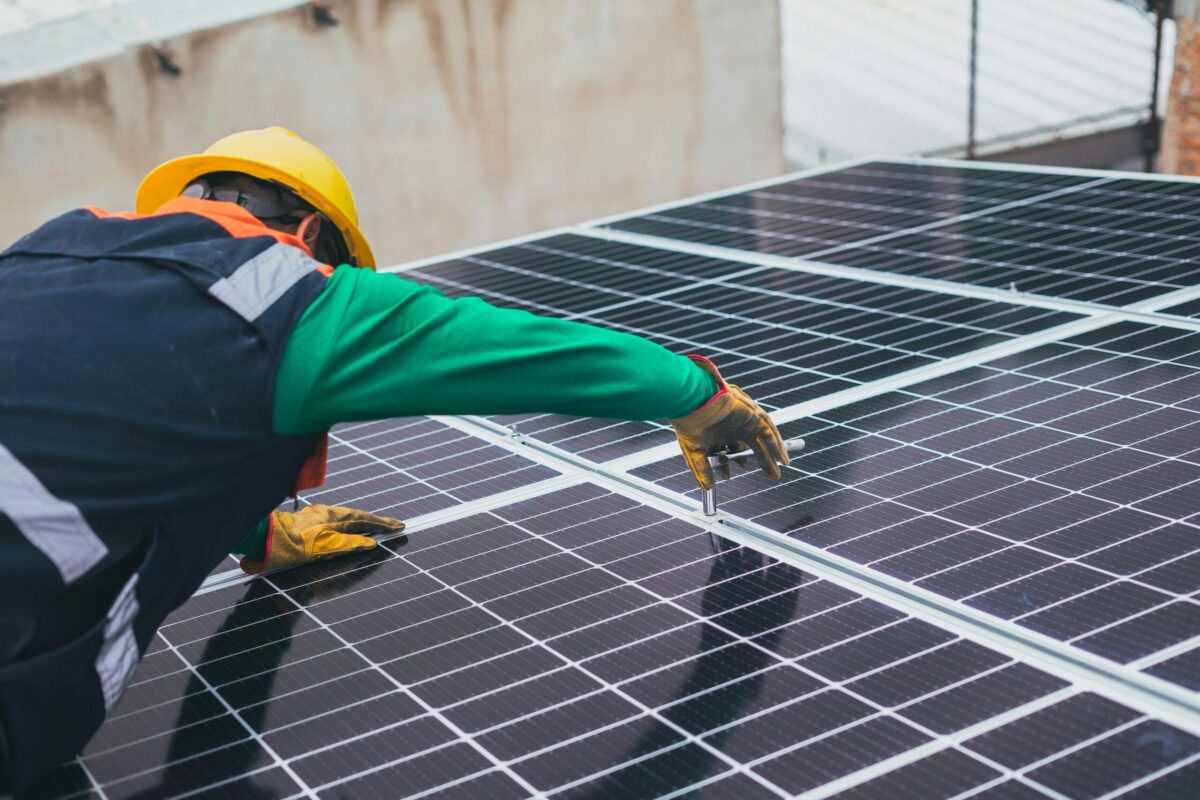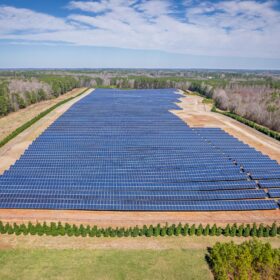I’m going to surprise more than a few people with the following statement: I want to support President Donald J. Trump on his latest venture..
On July 19, the president issued a little-noted Executive Order establishing a Department of Commerce the Presidential Advisory Council on Infrastructure. The goal, according the Order, is this:
In pursuing its mission, the Council shall make findings and recommendations concerning the following:
(a) prioritizing the Nation’s infrastructure needs;
(b) accelerating pre-construction approval processes;
(c) developing funding and financing options capable of generating new infrastructure investment over the next 10 years;
(d) identifying methods to increase public-private partnerships for infrastructure projects, including appropriate statutory or regulatory changes;
(e) identifying best practices in and opportunities to improve procurement methods, grant procedures, and infrastructure delivery systems; and
(f) promoting advanced manufacturing and infrastructure-related technological innovation.
Those are noble goals. In fact, I have been screaming (in some cases literally) for the U.S. government to create a coherent, progressive (small “p”) infrastructure plan. Our bridges are falling apart in many parts of the country, our roads are a mess and our electrical grid, designed in the 19th century, needs to be revamped to be able to accept more renewable energy – especially, of course, solar.
But something tells me the commission isn’t about throwing the weight of the Office of the Presidency behind creating a 21st century electrical grid or advancing the solar industry, which currently employs more than 250,000 people in this country (or more than 300,000, depending on who you listen to).
Unfortunately there’s no way for me to know for sure because, like other advisory councils in this Administration, they meet behind closed doors and do not publish minutes of their meetings in the Federal Register, as they are supposed to do by law.
Thankfully, someone is trying to pry open the door and let the sun shine in.
Food & Water Watch (FWW) filed a lawsuit in the U.S. District Court for the District of Columbia that names President Trump, the Department of Commerce (which is supposed to oversee this committee) and the U.S. Department of Transportation as defendants. It’s a great read, but what it boils down to is a lengthy demand for transparency. It says it wants to see all the minutes from all the meetings because they should be public under the federal “sunshine law”, which is designed to prevent corruption from public officials.
Former Supreme Court Justice Louis Brandeis famously said, “Publicity is justly commended as a remedy for social and industrial diseases. Sunlight is said to be the best of disinfectants; electric light the most efficient policeman.” Given the disastrous state of our infrastructure – especially the outdated electrical grid – it’s important this council get it right.
Therefore, I’ll be watching the FWW lawsuit closely in the hopes that all of us, as is our right as citizens, can see what the government has in store for our infrastructure – and see what we can do to help.
The views and opinions expressed in this article are the author’s own, and do not necessarily reflect those held by pv magazine.
This content is protected by copyright and may not be reused. If you want to cooperate with us and would like to reuse some of our content, please contact: editors@pv-magazine.com.








By submitting this form you agree to pv magazine using your data for the purposes of publishing your comment.
Your personal data will only be disclosed or otherwise transmitted to third parties for the purposes of spam filtering or if this is necessary for technical maintenance of the website. Any other transfer to third parties will not take place unless this is justified on the basis of applicable data protection regulations or if pv magazine is legally obliged to do so.
You may revoke this consent at any time with effect for the future, in which case your personal data will be deleted immediately. Otherwise, your data will be deleted if pv magazine has processed your request or the purpose of data storage is fulfilled.
Further information on data privacy can be found in our Data Protection Policy.